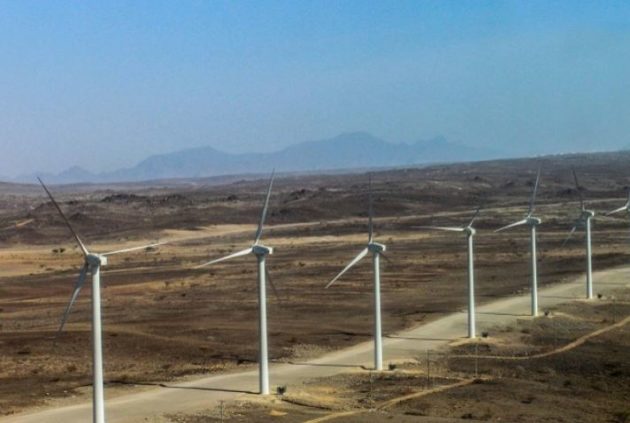The Electricity Sector Association of Kenya (ESAK) is banking on new measures to ensure the country achieves a 100 per cent renewable energy transition by 2030.
This comes ahead of the 27th Conference of the Parties (COP 27) session to the United Nations Framework Convention on Climate Change (UNFCCC) that will be held in Egypt starting November 6-18.
Apart from building a value chain for renewable energy and maintaining investor confidence, ESAK seeks to enable policies and regulations, grid enhancements, sustainable financing and building inclusive pathways.
“In line with the current administration’s agenda on introducing reliability and affordability of power, we as ESAK commit to encouraging the sustainable development of the Kenyan electricity sector through collaboration, advocacy and data-driven solutions, as a result maintaining investor confidence through a predictable and stable business environment,” said ESAK Chairperson George Aluru.
ALSO READ: KCB Bank has set aside Sh250bn to Fund Women Entrepreneurs in the Country
On regulations, the association seeks to encourage the development of supportive market-reflective frameworks for the transition to renewable energy such as competitive procurement of generation capacity supported by a well-developed integrated national energy planning mechanisms.
Statistics from the Energy and Petroleum Regulatory Authority (EPRA) indicates that Kenya could harness power from renewable energy sources.
Following a least-cost approach, the government has prioritized the development of geothermal and wind energy plants for rural electrification. To achieve the complete shift to renewable energy, ESAK has outlined grid enhancement as part of its measure to steer the renewable energy agenda.
To implement this, the association proposes the building of national transmission lines, regional interconnections and enhancing grid stability to unlock full utilization of renewable energy resource potential.
“We need to adopt sustainable and innovative financing mechanisms to attract a wider pool of private funding,” said Aluru.
According to the African Development Bank, Africa’s energy financing gap as of May 2022 is $24.5 billion (Sh2.96 trillion) annually.
ESAK has further called on its members and partners to commit to fair and inclusive pathways that strive to create local employment opportunities and address poverty, inequality and gender gaps while adopting transitioning measures to renewable energy.
SOURCE: Capital business

